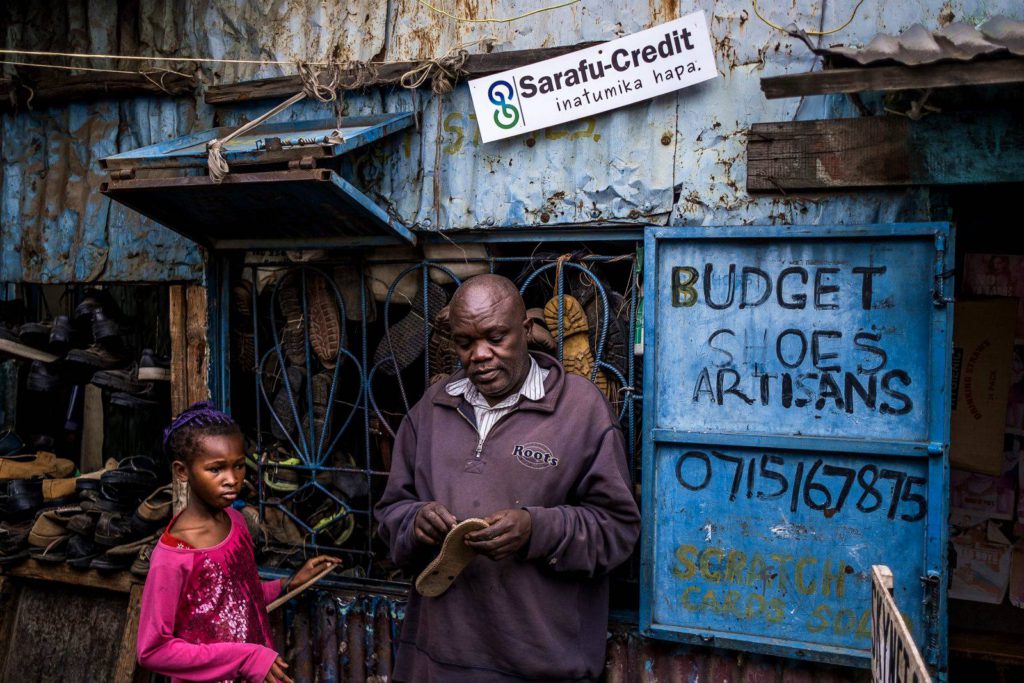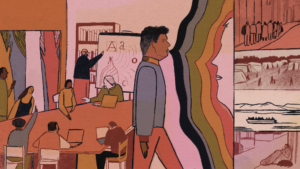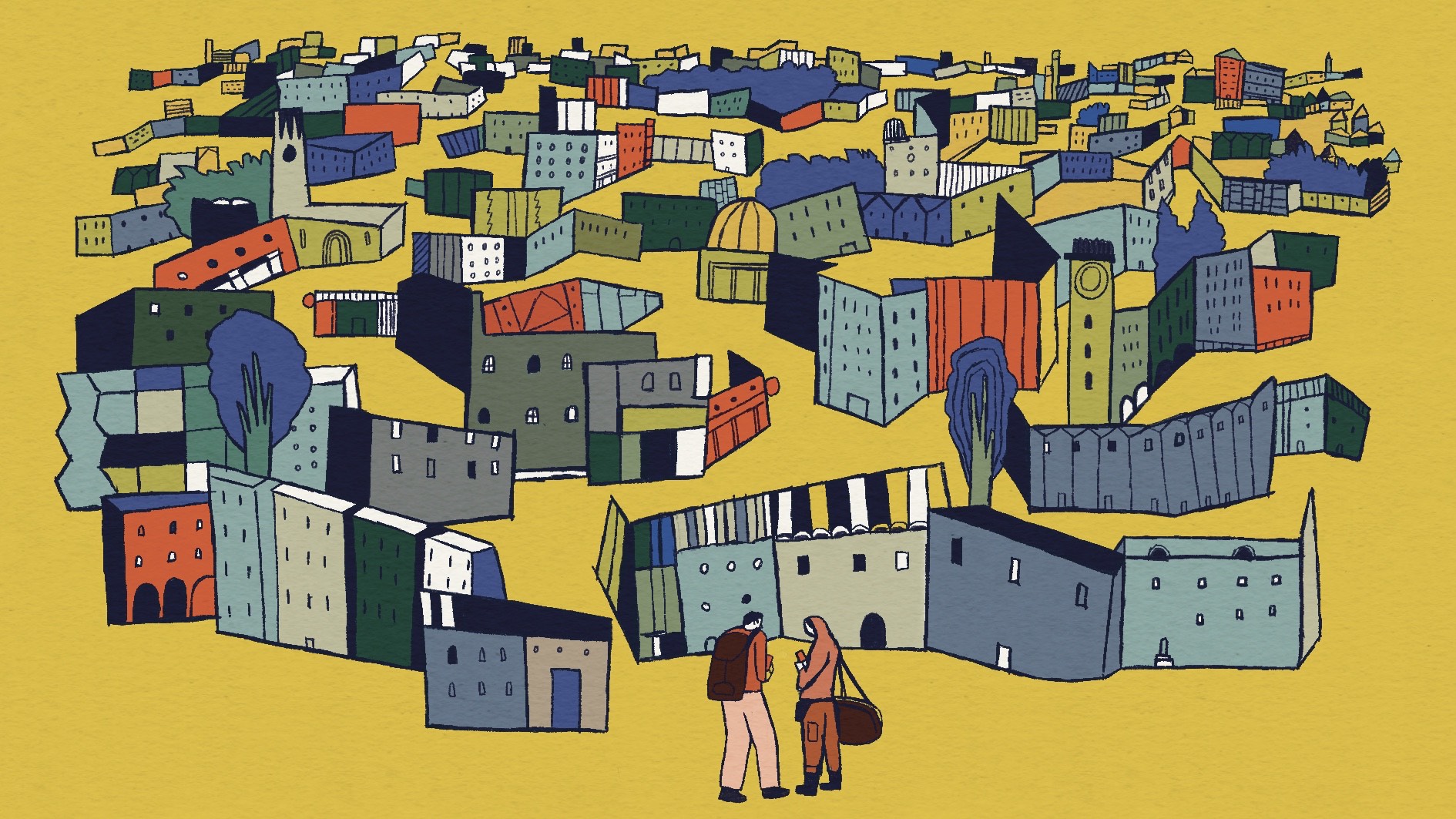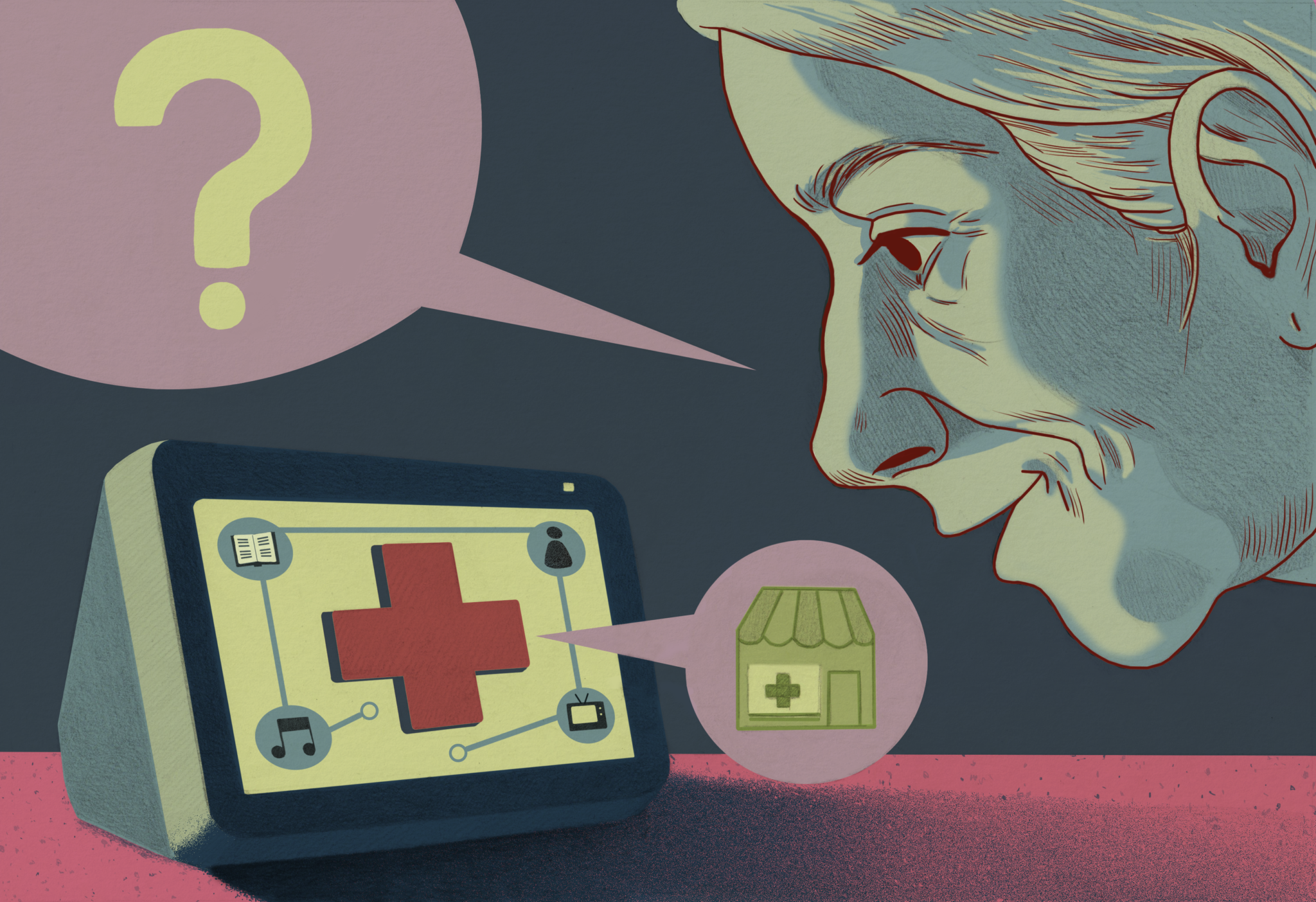
Description
The Community Inclusion Currencies project is a blockchain-based initiative launched by the Kenyan Red Cross in partnership with the Danish Red Cross and The Grassroots economic foundation to strengthen the resilience of marginalized communities by reducing liquidity shortages. Financed by Innovation Norway through the Norwegian Red Cross and the Danish Red Cross, this project strives to create a system better suited to eradicate poverty and develop sustainable local economies. Blockchain-based tokens (Sarafus) aim to serve as substitutes for classical liquidities that are not accessible to vulnerable households.
Context
Economic crises, environmental shocks or even the current Covid-19 pandemic often impact the availability of national currency in marginalized communities. Banks are indeed more reluctant to grant loans while people are more tempted to save money. This lack of liquidity cripples their incomes and stagnates local economies, robbing such communities of the opportunities for growth. Following an economic slowdown and informal sector collapse such as those resulting from the lockdown period, communities need a quick stimulus to ensure an inclusive sustainable development. In that regard, CICs work to develop a source of local credit through a complementary monetary system that fosters consumption within the community by supporting both consumers (to cope with basic needs) and SMEs facing lack of demand.
Technical details & Operations
The Community Currency (Sarafu) is a blockchain-based technology that uses USSD to complete transactions. With a similar process flow to Mpesa, an individual dials the USSD code and becomes registered into the system. New users then declare what they are trading and are awarded a given amount of sarafus for initial trading. When an individual needs access to a good or service, (i.e the creator) he sends a request to his counterpart (the backer) and pays him by sending a SMS. USSD allows the payment to be completed without internet access and therefore transactions can be realized almost anywhere on a peer-to-peer basis. By using a web portal, CIC’s usage can be analyzed where data such as transactions and trade volume are evaluated to inform on aid distribution.
Due to the distributed nature and integrated cryptography of blockchain models, Community Currency transaction records are immutable and secure. Fraud attempts or saving excessive amounts of tokens are prevented by a holding-fee tool as well as regulations ensuring tokens circulate only within the community. Bonuses are also awarded to frequent traders to encourage token circulation. The initial capital amount is provided by external donors (1 token = 1 Ksh) that can therefore participate in the community’s development. Finally, the costs incurred by this non-fiduciary currency are covered by two means. On one hand, international organizations and NGOs settle functioning fees (blockchain contract, training sessions) while on the other hand the Sarafu is backed by individual donations following a certain exchange rate.
Deployment & Impact
The Grassroots Economic Foundation along with the Kenyan and the Danish Red Cross have been implementing CIC’s projects in an urban setting within Mukuru Kayaba, Nairobi, and then scaled up to other locations including Mukuru Kwa Njenga, Mukuru kwa Reuben as well as Kibera, Kawangware, Kisauni Area (Mombasa) and other Cash Transfer program sites. Currently, the project has welcomed over 40,000 new Sarafu users to the community currency with a trade volume of approximately 16 million.
CICs have been operational in Mukuru since May 2020 and since February 2021 in the Kisauni area. A survey conducted in Mukuru revealed that the majority of users were between the ages of 26 and47 and either worked in the informal sector or had their own business. 80 percent of the targeted community members were using CIC, while nearly 68 percent of the population indicated that using CIC had improved their access to clean water and other basic needs.
In spite of the pandemic, the Sarafu currency system has helped these two communities attain a total trade balance of $383,082.99.. Currently, we are implementing a livelihood recovery program in the Kisauni Area that is delivered through cash and voucher modalities and Community Inclusion Currencies.





